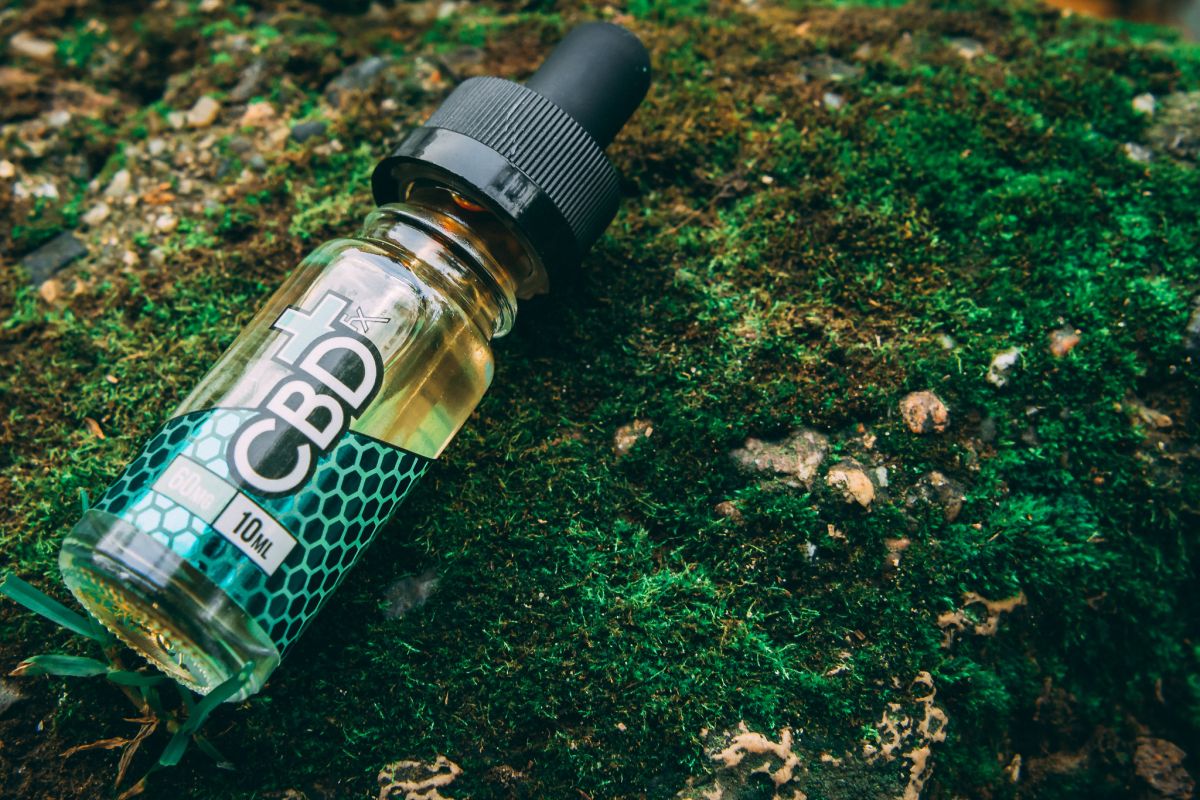Cannabidiol: Wellness with an edge
By Joe Manock

Cannabidiol (CBD) related products have enjoyed an exponential rise in sales within the UK. CBD is a compound found in cannabis plants which contains no psychoactive properties. The substance is mostly ingested as an oil to be dropped under the tongue, or as an e-liquid to be vaped.
According to the Centre for Medicinal Cannabis (CMC) approximately 1.3 million UK consumers spend £300 million a year on CBD products. If this trajectory is sustained, the industry will be worth £1 billion per annum by 2025. An amusing array of unlikely CBD products are contributing to its increase in popularity, such as CBD cappuccinos and CBD hummus!
The health benefits associated with CBD are dazzling. It is accredited with the ability to reduce anxiety, improve sleep, aid chronic pain and serve as an anti-inflammatory for sore joints. It seems as if promoters of the product sing its praise endlessly, but can they be trusted?
One worrying aspect of the CBD boom is that products often contain dramatically lower levels of CBD than advertised. A recent study by the CMC found that 38% of CBD products had less than half of the advertised amount of CBD, and only 38% were within 10% of the quoted range. Given that the majority of products have a lower CBD content than advertised, it’s questionable that these products have much effect at all. And even the advertised levels are unlikely to have an impact as these are lower doses than those used in clinical trials, therefore the scientific evidence available on CBD is not applicable to many products currently being sold. It is difficult to differentiate between a low dose and a placebo, meaning users are dripping away their money on these products with low levels of CBD.
The meteoric rise of CBD and its unwillingness to dissipate into the void of previous wellness trends (for example goji berries, flaxseed, and spirulina) is down to the image that it evokes. CBD is an incarnation of wellness that embodies a certain edge that many find attractive due to its connection to cannabis, which enriches it with a different character to other conventional health products.
The unique lure of CBD is exploitable and to stop people being conned by commercial CBD the sector requires greater regulation and more research into the impact of smaller dosages to remove the ambiguity around these products. Due to the lack of THC, the psychoactive element in cannabis, in CBD may have a useful medical application in treating diseases like epilepsy which is currently being studied. But for now, CBD remains an inviting wellness trend that does not live up to its name.







